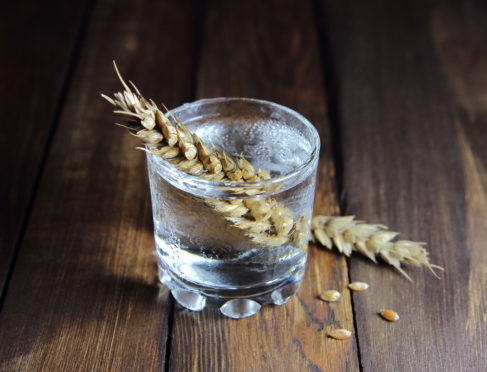It is an interesting point that we assume certain spirits are generally made from certain basic ingredients. We assume whisky comes from barley and other cereals, rum and cachaça come from sugar, brandy comes from grapes, kirsch from cherries, Calvados from apples, and so on.
However, interestingly, two of the most widely-drunk spirits—gin and vodka—can be made from almost any raw material you can name: maize, wheat, potatoes, other starch-rich vegetables, even grapes. For instance Diageo’s pricey “premium” vodka, Ciroc, is made from grape alcohol.
We tend in the UK to expect gin and vodka to be made from grain-based spirit, but many brands on the shelves of supermarkets and off-licences may be based on spirit derived from other sources. Not that there is anything wrong with that. Good neutral spirit, whether derived from grain or grapes, spuds or sugar, or anything else, is still neutral spirit.
In contrast, Scotch whisky must adhere to very strict rules about how it is made. Malt whisky must be made only from malted barley. Grain whisky must be made from a mix of malted barley and either wheat or maize. Other countries, particularly the US, also use rye and some Indian whiskies are made from molasses.
For Scotch, the key starch-to-sugar process must be achieved entirely by natural diastase in the barley, not by synthetic diastase often used in other countries. However, yeast to spur the sugar-to-alcohol process can be in powder, cake or liquid form, with more and more distilleries opting for liquid, despite the initial cost of installing tanks and cooling equipment.
Finally, the spirit must be distilled and matured in oak casks in Scotland for three years and a day before it can be called Scotch whisky. It must be bottled at 40% abv (alcohol by volume) or more—but never less. Single malts must be bottled and packaged in Scotland, although blended whiskies can be exported in bulk for dilution and bottling in other countries. This explains the myriad brands of Scotch one sees abroad but never on UK shelves…
Thankfully, these rules have boosted the quality and global repute of Scotch, which has helped it achieve export figures of £4-billion-plus a year and an 80% share of Scotland’s food and drink exports.










